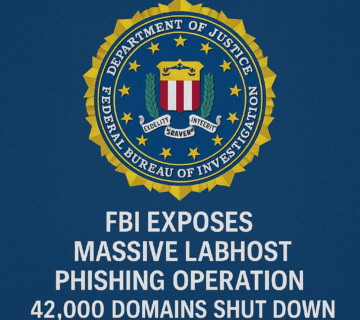
SIEM: Targeting Global Enterprises
The Silent Ransom Group (SRG) is a covert cybercrime organization known for executing stealthy, highly targeted ransomware attacks on global enterprises. Unlike traditional ransomware gangs, SRG prioritizes discretion and data extortion over public exposure, making them difficult to detect and even harder to trace. They often infiltrate systems through spear-phishing, zero-day exploits, or compromised remote services, silently exfiltrating data before issuing ransom demands. Their tactics include data encryption, disabling backups, and threatening to leak sensitive files. To defend against SRG, businesses must enforce strong access controls, conduct regular threat assessments, and deploy advanced monitoring tools to detect subtle signs of compromise.

